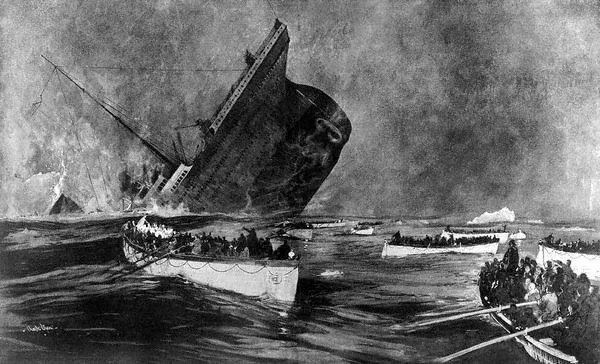Picture this: it is a typical day on duty. The weather is not too bad and you arrive early enough to accomplish the few things you usually do before starting your work period. How do you spend the rest of your day? My workday started with some physical activity with the guys on my team, followed by some administrative paperwork. Inevitably and joyously, we would get to the part that we all loved: training. Training was vital to our work and ensured we performed at our best when times were at their worst. Even though it seemed mundane at time, it was the basics that allowed us to accomplish so much. This is something I have carried along with me as a commercial diver, public safety diver, supervisor, and instructor – still believing in the basics.
What constitutes the basics to you?
I was asked this question recently and gave my typical response of buoyancy control, search patterns, rigging, and emergency procedures. I was then asked why those answers? For the first time, I suddenly found myself thinking about my answer and wondering why I responded with those tasks. So, I asked some fellow dive team leads about their thoughts on the basics and received many of the same answers. Although I agreed with the answers in a sense, I started to wonder if we were truly doing our divers a service in their development by practicing the skills, but without providing the knowledge behind what we do. I looked at public safety diving and compared it to commercial diving as it relates to the work environment and requirements.
We work in tough conditions. Most of the time, we cannot see, the temperatures are not always the best, and our bodies may not be rested properly. Yet, we still are expected to show up and find the lost person, object, or vehicle and bring it to the surface for recovery. How many of our divers can really demonstrate knowledge on how to accomplish this mission efficiently and safely? This comparison provided a new outlook and additions for the basics as I see them.
Do you know the Laws?
I propose it should not just be about skills in the water, but also about the knowledge that accompanies those skills. At the most basic of levels are the gas laws: Boyle’s Law, Charles’s Law, Guy-Lussac’s Law, The General Gas Law, Dalton’s Law, and Henry’s Law. These laws form the basis of everything we do in diving.







Leave A Comment